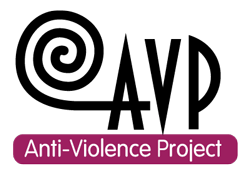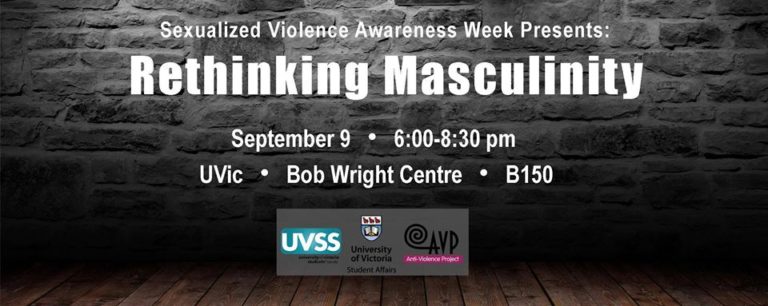Piloting a new workshop!
Practicing boundaries: Building consent culture
What is a boundary? Therapist, organizer and facilitator Prentis Hemphill says “boundaries are the distance at which I can love you and me simultaneously.” Boundaries are a way we set parameters for how we interact with others, with our partners, family, friends, and coworkers. Boundaries let us articulate how we do and don’t want our bodies touched. They help us make space in both our emotions and our calendars for things that we need to do and the things that can bring us joy or nourishment. But while we celebrate boundaries as a tool for self and community care, we must also remember that we can’t make someone respect our boundaries no matter how clearly we articulate them or how good we get at setting them. Many resources on boundaries can leave us feeling like we’re failing at setting boundaries when really it’s the world around that doesn’t value boundaries. Boundaries are not just an individual responsibility but a collective one.
Talking about “boundaries” is really just another access point for talking about consent. When we practice consent we seek out boundaries, we ask questions like “Can I hug you?,” “Is it okay if I add you on Facebook?,” “Do you want to make out?”, etc. And most importantly we learn to listen to the responses we get – the hesitation, the excitement and those scary “no’s” that sometimes leave us feeling scattered or insecure. With all this in mind, we wanted to create a workshop that embraced this messiness and that tried to build our collective skills for setting and respecting boundaries, practicing consent and working through rejection without ignoring the context in which we do these things. This new workshop is a second part to our Understanding Consent Culture Workshop since now that we understand the context in which consent is so important – the pervasive myths about sexualized violence, gender expectations and the myth of the gender binary, and more broadly the context of rape culture that normalizes entitlement – let’s talk about all the intricacies of practicing it.
We need your help
Are you passionate about ending sexualized violence? Interested in learning about integrating consent into your daily life? Are you someone who wants to develop better skills for setting boundaries and hearing “no”? The Anti-Violence Project is currently searching for UVic students (undergraduate and graduate) as well as community members to help us in our final stages of developing an all new AVP workshop! This workshop focuses on the practical and the relational, and gives us opportunities to discuss the challenges we have with bringing consent into our relationships and the various contexts we wander through in everyday life.
Here’s the ask:
- Attend a two hour online pilot of the new workshop on April 22nd, from 5:30 pm – 7:30 pm
- Give us your constructive feedback by either:
- Filling out an online survey (approx. 30 minutes to complete), or
- Meeting with AVP Education Coordinator, Paloma over Zoom or phone (by appointment)
Here are the perks:
- A $20 honorarium will be given to each workshop participant
- A chance to shape AVP educational programming and tell us what you think is important to you and your community!
If you’re interested in providing your invaluable feedback please fill out this online form!
Pilot spaces are limited and we will be prioritizing registration of UVic students (up to 50% of spots), as well as folks who’ve previously attend our Understanding Consent Culture Workshop. We’ll notify selected participants by April 16th. This workshop will be held over Zoom, automatic captioning will be available but please contact us at education [at] antiviolenceproject [dot] org or 778-400-5007 if you have any questions or accessibility needs.






